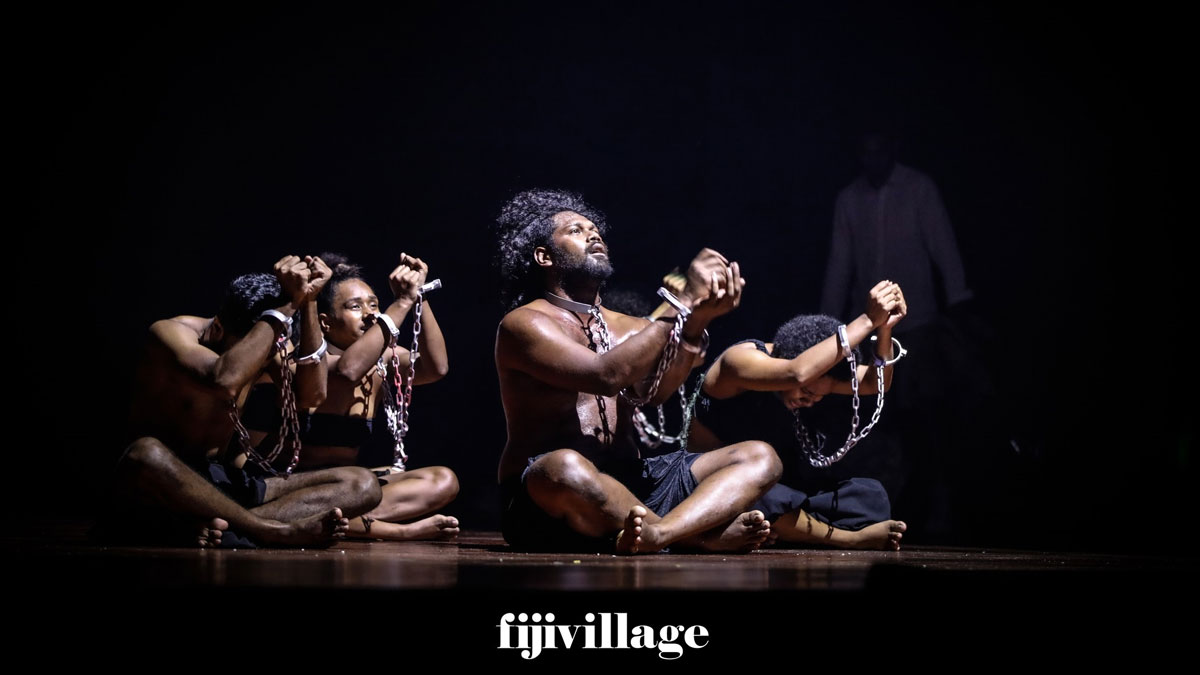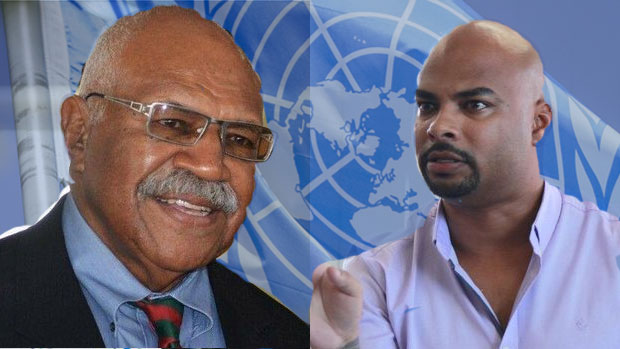
The Fiji Human Rights and Anti-Discrimination Commission Director, Ashwin Raj says the United Nations Human Rights Council's Universal Periodic Review specifically states that "All conclusions and/or recommendations contained in the present report reflect the position of the submitting States and/or the State under review, and they should not be construed as endorsed by the UN Working Group as a whole”.
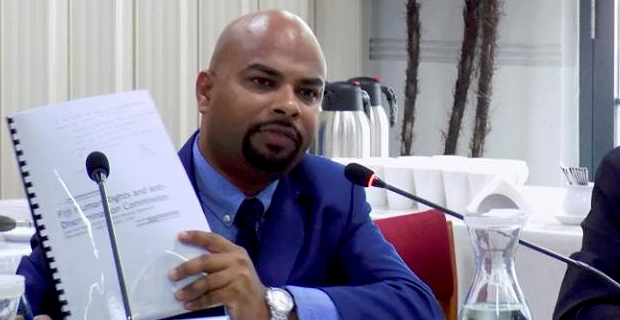
The Fiji Human Rights and Anti-Discrimination Commission Director, Ashwin Raj says the United Nations Human Rights Council's Universal Periodic Review specifically states that "All conclusions and/or recommendations contained in the present report reflect the position of the submitting States and/or the State under review, and they should not be construed as endorsed by the UN Working Group as a whole”.
Click here to view the full statement: Statement on Fiji Universal Periodic Review
Raj says the Universal Periodic Report of Fiji will be adopted in the March session of the Human Rights Council and the United Nations has made no statement about it.
He says instead, at this stage, the United Nations has collated individual recommendations of the various States that participated in Fiji’s Universal Periodic Review.
Raj says the adoption of these recommendations on March 11th at the Human Rights Council will be followed by a synthesis to help with the implementation of these recommendations.
Raj adds it is therefore imperative to note that when referring to the recommendations, it is incorrect to say that the UN or the Working Group is making the recommendations.
He says there are a number of recommendations that Fiji took back to Capital for a decision on whether it would accept or note the remaining recommendations and it has still not been uploaded on the website of Fiji’s Universal Periodic Review.
Raj adds as such, it is premature to make any final comments about the recommendations.
He further says that neither should they be selective about which recommendations should receive inordinate interest by the media because it serves a particular political agenda.
Raj says it is not a subject of contestation that a number of states have recommended that Fiji review all legislation that unlawfully restricts freedom of expression and opinion including freedom of the press.
The Director says Belgium, for instance, has recommended that Fiji “review legislation that affects freedom of speech, particularly the Crimes Act, the Media Industry Development Act and the Public Order Amendment Act, to bring them in compliance with Fiji’s obligations under the International Covenant on Civil and Political Rights”.
Raj says while the Fijian Constitution expressly guarantees freedom of the press, consistent with Article 19 (3) (a) (b) and Article 20 (2) of the International Covenant on Civil and Political Rights, it also places a positive obligation on the State to protect citizens against racial and religious vilification and this is particularly significant given our history of racial and religious intolerance.
He says the advocacy of hatred is very different from legitimate criticism of government.
Raj adds legitimate criticism of the government and its policies is not a criminally punishable offence under the Crimes Act or the Public Order Amendment Act.
He says striking the right balance between freedom of speech, expression and publication and the right to be free from hate speeches remains one of the most pressing human rights challenges of our times and even Europe is not immune to this as we have witnessed with the scourge of xenophobic attacks on migrants or the senseless killing in Germany this week.
Raj says it is equally interesting to note that while Germany has recommended that Fiji bring its legislations of freedom of expression in line with international human rights standards, Germany has also recently passed a legislation regulating its social media.
He asks why is Fiji a state of exception.
Raj goes on to say that if the claim is that criminal prosecution has a chilling effect on press freedom, then how does the State fulfill its constitutional obligation of protecting its citizens against hate speeches.
He says the role of an independent judiciary in developing the thresholds on freedom of expression is absolutely important.
Raj adds the example of State v Waqabaca which the State took the Fiji Times to court attests to the need for Fiji to continue to develop its own jurisprudence on freedom of expression that carefully balances its constitutional safeguards for the protection of freedom of speech, expression, thought, opinion and publication including freedom of the press with the positive obligation of the State to protect against the advocacy of hatred on any prohibited grounds of discrimination.
He says while some media reports have specifically focused on the recommendations pertaining to the repeal of Fiji's media laws, they have conveniently glossed over the fact that a number of states, including Argentina have also recommended that Fiji “take necessary steps to combat incitement to racial and ethnic hatred on the internet and in the social media, and to guarantee the right of all the population to freedom of expression and opinion”.
Raj adds however, the contradictions do not end here.
He then went on to say that while some media organisations like the Fiji Times last week reported on the call to repeal the Media Industry Development Act in the context of the Universal Periodic Review recommendation, on Friday (21 February 2020) the Fiji Times approvingly quotes the Leader of the NFP who has expressed his disenchantment for MIDA and Online Safety Commission’s lack of intervention in a matter fake news on the social media that incidentally is adversely affecting credibility of the Fiji Times.
He asks so exactly what is their position on the regulation of our press and free speech is.
We have sent questions to the Editor in Chief of the Fiji Times, Fred Wesley.
Raj says human rights is a journey and we have our challenges but it is highly irresponsible to claim that the media laws in Fiji continue to impose pressure on journalists, editors and media owners leading to self-censorship and hindering full and transparent democratic debate when the weight of evidence proves otherwise.
He says even the International Covenant on Civil and Political Rights places justifiable limitations on the right to freedom of assembly and association under Article 21 and Article 22 (2) and the Fijian Constitution places exactly the same limitations.
Raj says instead of selectively reporting on recommendations pertaining to a particular human rights issue that may serve one's political agenda, we should examine Fiji’s Universal Periodic Review recommendations in its totality as it attests to the indivisibility of human rights and the inextricable relationship between civil and political rights and economic, social and cultural rights.
He says the recommendations by some states calling for the revision of our media laws and recommendations by other states such as Liechtenstein and Argentina for Fiji to continue to combat the advocacy of hatred including hate speech directed at the LGBTI community is one such example.
Raj says it is imperative to note that most of the recommendations are built on the progress that Fiji has already made.
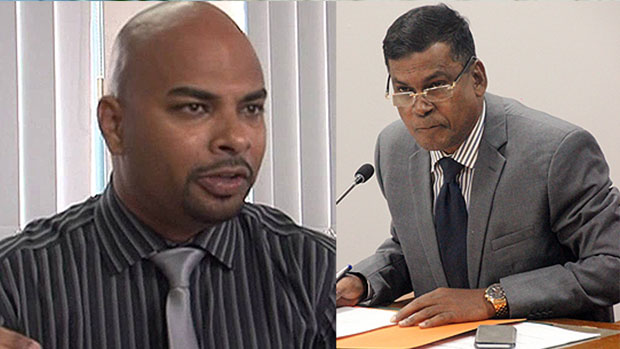
The Fijian government and the Fijian Human Rights and Anti Discrimination Commission are yet to comment on the United Nations Human Rights Council's recommendations for Fiji to repeal laws and policies that they say unlawfully restrict fundamental rights of freedom of expression, assembly and association, including sections of the Public Order (Amendment) Act, the Media Industry Development Act, the Electoral Act 2014 and the Online Safety Act.
In the Report of the Working Group on the Universal Periodic Review for Fiji, it has been recommended that Fiji takes the necessary measures in order to revise the law on the development of the media, review legislation that affects freedom of speech, particularly the Crimes Act, the Media Industry Development Act and the Public Order (Amendment) Act, to bring them into compliance with Fiji’s obligations under the International Covenant on Civil and Political Rights.
The report further recommends that Fiji amends the Media Industry Development Act, the Public Order (Amendment) Act and the sedition provisions of the Crimes Act, which restrict freedom of expression, the press and assembly.
It recommends guaranteeing freedom of expression and opinion and freedom of the press, by ensuring respect for the rights of journalists and human rights defenders and reviewing the Media Industry Development Act, which punishes any journalistic publication against the general interest or public order, in order to avoid abusive interpretation.
Fiji has been given by the 24th of this month to respond to the UN.
Meanwhile the National Federation Party says calls by the UN Human Rights Council for the Fijian Government to change regressive laws is a stark reminder that Fiji’s parliamentary democracy is not genuine.
Party Leader Prof. Biman Prasad says it was noteworthy for the UN Human Rights Council to point out legislation that seriously undermine a free press, fundamental rights and freedoms of association, expression, assembly as well as civil and political rights.
Prof. Prasad says in 2015, their Motion for Government to repeal the Media Industry Development Authority Act was defeated.
He says the government ignored the recommendations of the Multinational Observer Group after the 2014 general elections, particularly on the MIDA Decree were ignored.
Prof. Prasad says similarly all permit applications by the trade union movement for a peaceful march to highlight the grievances faced by workers were rejected by Police including their permit application last October on misleading grounds.
When questioned by Fijivillage, MIDA Chairman and Director of the Human Rights and Anti-Discrimination Commission, Ashwin Raj says he needs time to analyze the UN Human Rights Council's recommendations because it’s important that they do not generalize it.
Raj says he will release a statement on the matter next week.
We have also sent questions to the Attorney General, Aiyaz Sayed-Khaiyum and are awaiting his response.
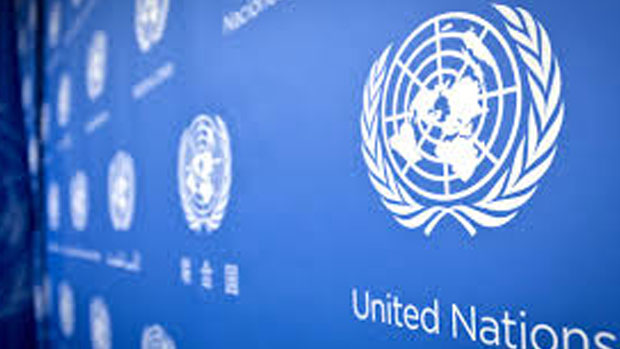
Fiji has been commended for certain things by members of the UN Working Group on the Universal Periodic Review for Fiji however they have also recommended Fiji to repeal laws and policies that they say unlawfully restrict fundamental rights of freedom of expression, assembly and association.
Fiji has been commended for steps it has taken to ratify things such as all nine core international human rights instruments, as well as the launching of the First Hour Procedure while they have recommended for Fiji to repeal laws and policies that they say unlawfully restrict fundamental rights of freedom of expression, assembly and association, including sections of the Public Order (Amendment) Act, the Media Industry Development Act, the Electoral Act 2014 and the Online Safety Act.
Fiji has been commended for the proactive approach with the special procedures and treaty bodies and have been encouraged with further steps in combating gender-based violence and protecting the human rights of children.
The election of Fiji to the Human Rights Council and the progress made towards mainstreaming female political representation and participation in Government has also been welcomed.
Fiji’s efforts to address climate change and disaster risk reduction, paying special attention to vulnerable groups, such as women, children and persons with disabilities have also been commended.
The ratification of the Convention against Torture and Other Cruel, Inhuman or Degrading Treatment or Punishment, acknowledged the leadership shown in discussions on the human rights impact of climate change, and encouraged further efforts to tackle gender-based violence has also been welcomed.
The consistent and targeted investment of Fiji to advance universal primary education, as well as the measures taken to eliminate discrimination against women and gender-based violence was also noted.
The abolition of the death penalty in military law, and the ratification of several international human rights treaties have been also commended by the member states.
It has been recommended that Fiji takes the necessary measures in order to revise the law on the development of the media, review legislation that affects freedom of speech, particularly the Crimes Act, the Media Industry Development Act and the Public Order (Amendment) Act, to bring them into compliance with Fiji’s obligations under the International Covenant on Civil and Political Rights.
The report further recommends that Fiji amends the Media Industry Development Act, the Public Order (Amendment) Act and the sedition provisions of the Crimes Act, which restrict freedom of expression, the press and assembly.
It recommends guaranteeing freedom of expression and opinion and freedom of the press, by ensuring respect for the rights of journalists and human rights defenders and reviewing the Media Industry Development Act, which punishes any journalistic publication against the general interest or public order, in order to avoid abusive interpretation.
When questioned by Fijivillage, MIDA Chairman and Director of the Human Rights and Anti-Discrimination Commission, Ashwin Raj says he needs time to analyze the UN Human Rights Council's recommendations because it’s important that they do not generalize it.
Raj says he will release a statement on the matter this week.
We have also sent questions to the Attorney General, Aiyaz Sayed-Khaiyum and are awaiting his response.
Stay tuned for the latest news on our radio stations


